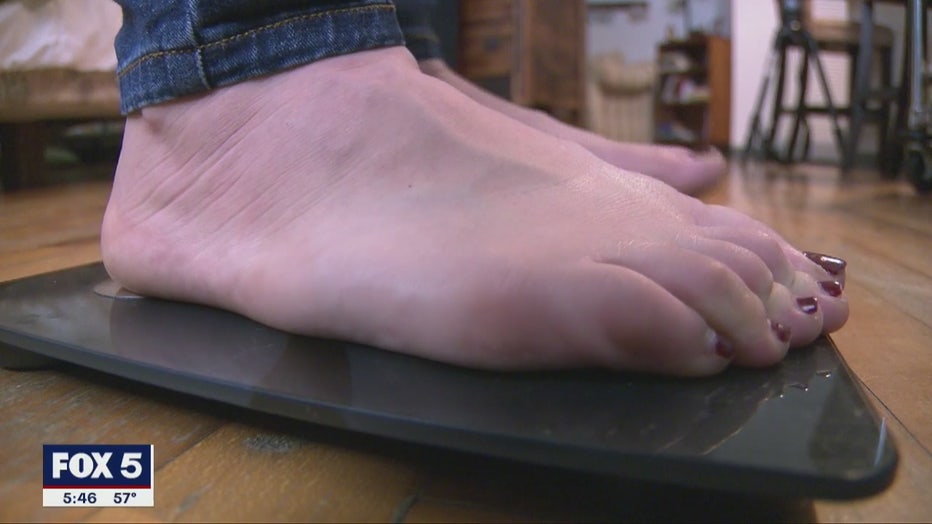Study: These 5 healthy habits may help you live disease-free for longer
ATLANTA - Researchers at the Harvard T.H. Chan School of Public Health say 5 healthy habits in middle age can help you extend the number of years you live disease-free.
The study, published in the British Medical Journal, extends a 2018 study that found these same healthy habits helped volunteers increase their life expectance.

Ways to live a longer life
FOX Medical Team's Beth Galvin shares five things researchers say you should be doing if you want to live a healthier life.
First, the researchers say, get to a healthy body weight.
Jenna Griffin, a registered dietitian with WellStar Comprehensive Bariatric Surgery, recommends learning what your body mass index, or BMI is.
This BMI calculator can help you do the math.
"BMI is basically a measure of your height to your weight," Griffin says. "So, if your height and your weight relationship is a higher number, that means you're carrying a lot of excess weight If you're carrying around a lot of extra weight, that does put a lot more pressure on your joints. It makes it harder to move around, harder to get through your everyday life."
Next, second healthy habit: eat a healthy diet.
That is where many of us get tripped up.
"So, if we've had a long day at work, or we're stressed out, we tend to grab the things that are higher in fat, higher in calories, so our body can get that quick energy," Griffin says.
Griffin recommends focusing on eating more fruits and vegetables.
It's okay to buy them frozen, she says.
Load up on lean dairy and lean meat, Griffin says, and pick foods that are higher in protein and fiber and lower in sugar and fat.
Next, researchers say, don't smoke.
If you drink alcohol, do so in moderation.

The final healthy habit?
Researchers say get regular exercise.
"Most of us have sit-down jobs," Griffin says. "We're at a desk all day, we're at a computer all day. We're tired, we're drained when we get home."
Try, she says, to get 30 minutes a day of moderately strenuous exercise most days of the week.
Experts recommend 150 minutes a week.
"We don't necessarily have to do the full 30 minutes at a time," Griffin says. "We can break it up throughout the day and do 10 minutes in the morning, ten at lunch and ten in the evening."
Look for more opportunities to move during the day, Griffin says.
"If you're able to take the stairs, take the stairs rather than an elevator," Griffin says. "Try to walk during lunch. So, maybe have your lunch and then go for a 10-minute walk before you finish your lunch break.

